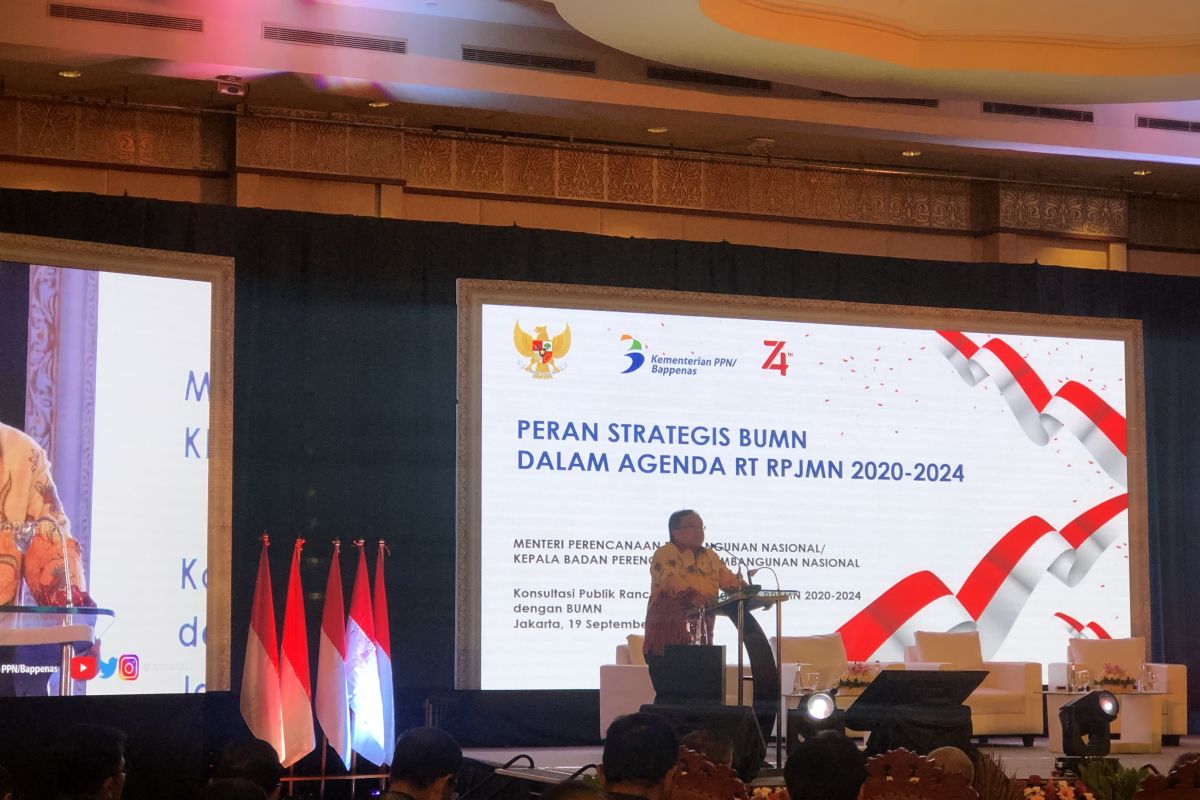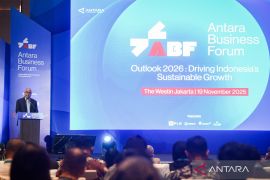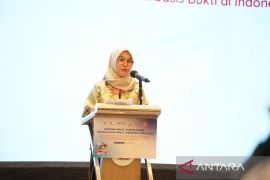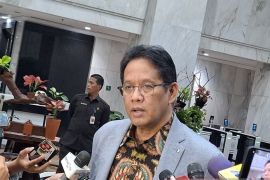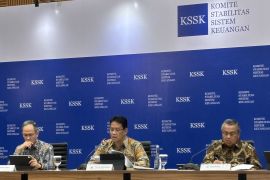We recommend the lowest growth (of 5.4 percent) because the global condition is unpredictableJakarta (ANTARA) - The Indonesian government has readied three scenarios of national economic growth projection for the subsequent five-year period to ensure it is well-positioned to withstand the threats of global upheavals.
Minister of National Development Planning/Head of the National Development Planning Agency (Bappenas) Bambang Brodjonegoro remarked on Thursday that the threats of global upheavals, including the recession in Turkey and trade war between the United States and China, prompted Indonesia to evade their impact on the national economy.
"Of course, we must reckon the potential global recession. We will convey the scenario to Mr. President," he noted at a function to formulate the initial draft of the medium-term national development plan 2020-2024.
Related news: Govt outlines investment as key to economic growth target realization
The three scenarios of national economic growth projection are optimistic, moderate, and pessimistic growth. The government projects optimistic growth of six percent, moderate growth of 5.7 percent, and pessimistic growth of 5.4 percent.
"We recommend the lowest growth (of 5.4 percent), as the global condition is unpredictable," he stated.
He remarked that the National Development Planning Ministry had prepared several ways to achieve the economic growth target, including implementing seven main agendas of development in the subsequent five years.
Related news: Indonesian economy to grow 5.2% in 2019: BI
"We have seven development agendas to achieve the target. At least, they have been included into our technocrat draft,” he stated.
He revealed that the seven agendas encompassed reducing the poverty rate to up to below seven percent, cutting the unemployment rate to not over four percent, reducing inter-regional disparities, promoting the quality of human resources through vocation and infrastructure development programs.
"Infrastructure cover not only toll road, electricity, airport, and seaport but also clean water," he stated.
In addition, the government will prioritize the management of climate change, including forest fires, which turn out to also affect the people's economy, he stated.
The seven improvement programs are expected to improve Indonesia’s economy in the next five years, he stated.
"The government cannot achieve it singlehandedly but through collaboration with the private sector and state-owned companies," he affirmed.
Related news: IMF praises stable economic growth in Indonesia: BI
Translator: Astrid Faidlatul Habibah/Suhar
Editor: Rahmad Nasution
Copyright © ANTARA 2019
